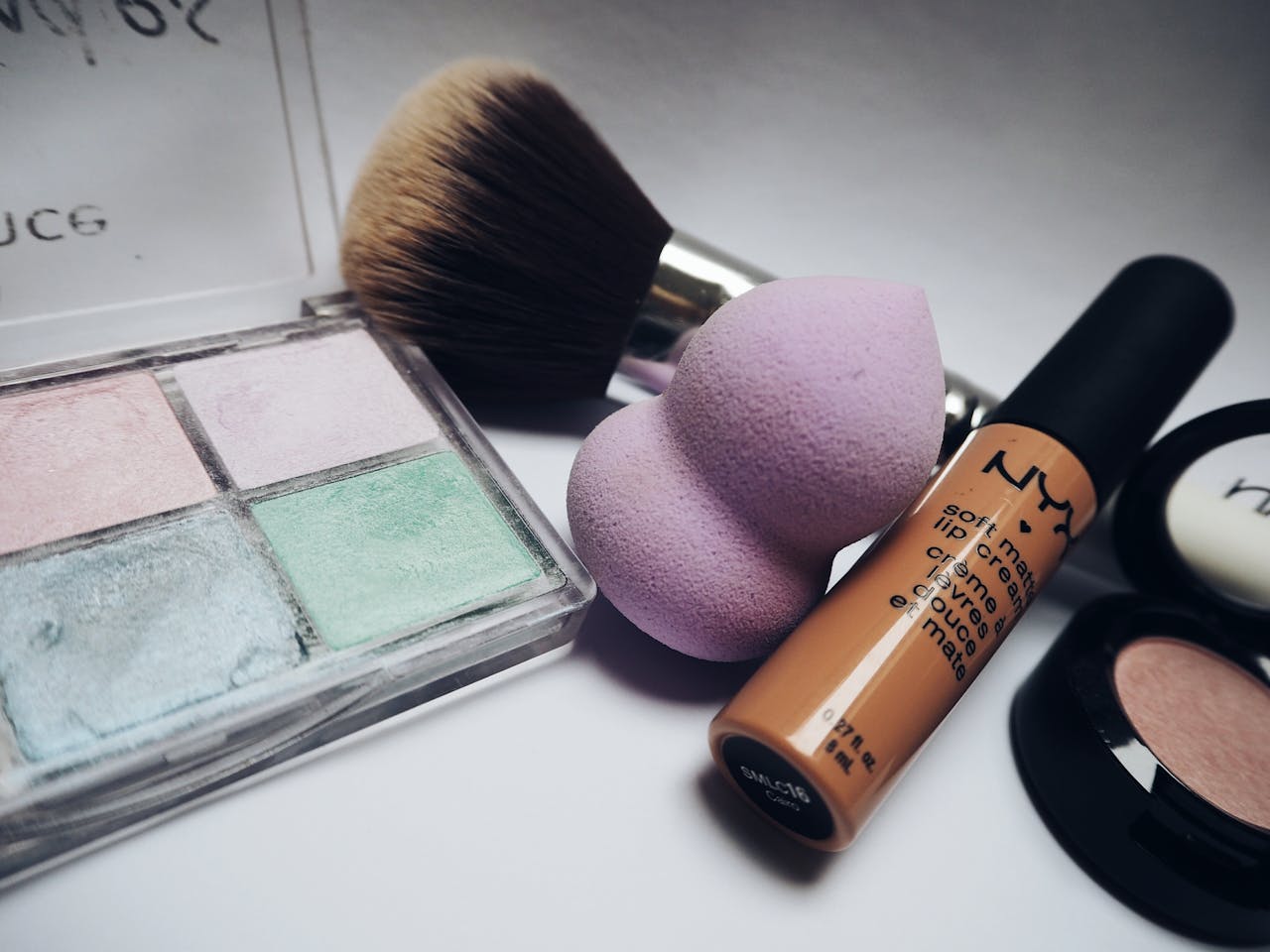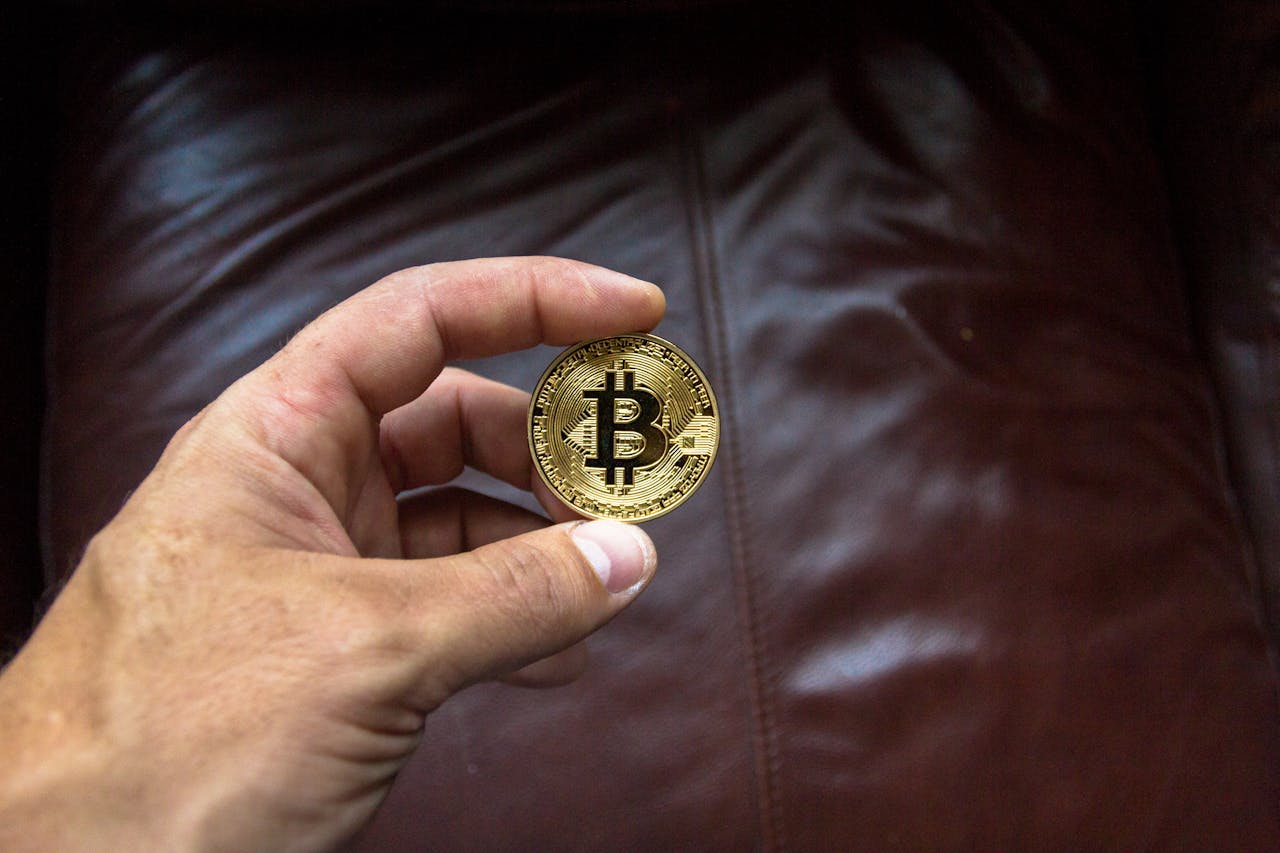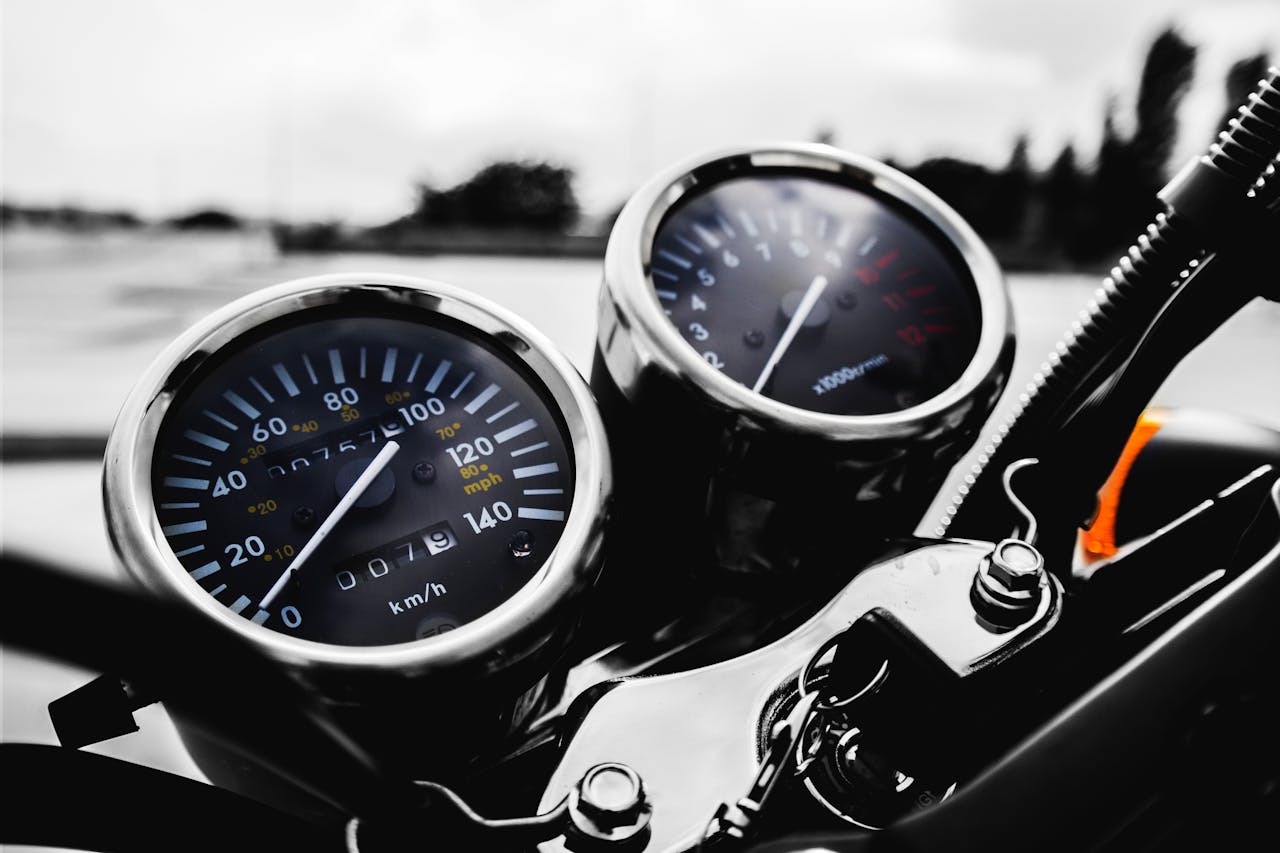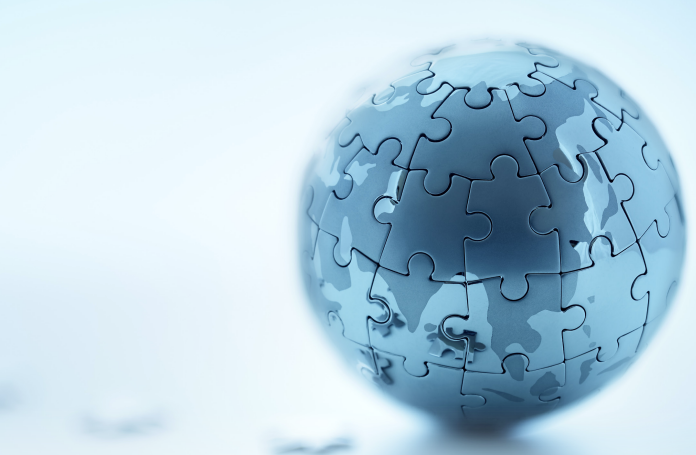

The halal cosmetics market in Malaysia has been experiencing significant growth. It is driven by a combination of increasing consumer awareness, government support, and the rising demand for halal-certified products among both Muslim and non-Muslim consumers.
Understanding the concept of halal cosmetics is essential to appreciate the market dynamics fully. Halal, an Arabic word meaning "permissible," refers to products that comply with Islamic law. For cosmetics to be considered halal, they must not contain any haram (forbidden) substances, such as alcohol or ingredients derived from pigs. Additionally, the production process must adhere to Islamic principles, ensuring that the products are not only free from prohibited substances but also produced ethically and hygienically.
Halal makeup has gained Malaysian attention, resulting in the nation being ranked fifth in the global halal cosmetic market in 2021, with consumer spending reaching USD 3.6 billion. This growth is attributed to several factors, including the increasing Muslim population, which constitutes 63.5% of Malaysia's population. Additionally, there is a rising trend among non-Muslim consumers who prefer halal cosmetics for their perceived safety, quality, and ethical production standards.
The Malaysian government's support has been crucial in this expansion. Initiatives like the Halal Technology Development Fund provide financing and support to halal industry players, particularly small and medium-sized enterprises (SMEs). This has facilitated the entry of new players into the market and encouraged existing ones to expand their product lines.
The halal cosmetics market in Malaysia offers numerous opportunities for growth and expansion. One significant opportunity lies in the increasing demand for ethical and sustainable beauty products. Halal cosmetics, which adhere to strict ethical guidelines, appeal to a broad range of consumers concerned about animal welfare, environmental sustainability, and product safety.
The growing middle class in Malaysia and other Southeast Asian countries also presents a lucrative market for premium halal cosmetics. Brands can capitalize on this by offering high-quality, luxurious products that cater to the preferences of affluent consumers.
Moreover, the digital revolution provides a platform for halal cosmetics brands in Malaysia to reach a wider audience. E-commerce and social media marketing have become essential tools for brands to connect with consumers, build brand loyalty, and increase sales. For instance, SimplySiti, a Malaysian halal cosmetics brand founded by local celebrity Dato’ Siti Nurhaliza, has successfully leveraged digital marketing to expand its reach in Southeast Asia and the Middle East.
Despite the opportunities, the halal cosmetics market in Malaysia faces several challenges. One of the primary challenges is the need for rigorous certification processes. Obtaining halal certification can be time-consuming and costly, particularly for smaller companies. Ensuring compliance with halal standards throughout the supply chain, from raw materials to the final product, requires significant investment in resources and infrastructure.
Another challenge is the competition from international brands. While halal cosmetics brands in Malaysia like SimplySiti and dUCk have made a mark, international brands with larger marketing budgets and established distribution networks threaten domestic players. Competing globally requires Malaysian brands to continuously innovate and maintain high standards of quality and ethical practices.
Source: https://ycpsolidiance.com/white-paper/halal-industry-in-southeast-asia

The Latest Developments in Cryptocurrency Adoption in SEA
The cryptocurrency market in Southeast Asia (SEA) has seen exponential growth in recent years. The revenue of cryptocurrency in the region was around USD 1,384 million in 2023 and is expected to grow by USD 1 million in the next four years. Countries like Indonesia, Singapore, and the Philippines are at the forefront of this digital revolution. The region's young, tech-savvy population, coupled with increasing internet penetration, has created a fertile ground for the adoption of cryptocurrencies. Currently, the crypto market in SEA is valued at several billion dollars, with projections indicating continued growth.

How Digital Marketing is Transforming the Automotive Lubricants Market in Southeast Asia
In recent years, digital marketing has emerged as a transformative force in the Southeast Asian (SEA) automotive lubricants market. The region's rapidly growing internet penetration and increasing smartphone usage have created fertile ground for innovative digital strategies. This evolution is reshaping how companies engage with customers and streamline their operations, offering numerous opportunities for growth and efficiency.

Exploring New Business Models for a Sustainable Future
Transitioning towards new sustainability business models can help companies drive positive change and contribute to a more sustainable future.

Revolutionizing the Automotive Lubricants Value Chain in Southeast Asia
The Southeast Asian (SEA) automotive lubricants market operates within a well-defined value chain, spanning various stages crucial for the production, distribution, and consumption of lubricants. The structure encompasses three primary segments: upstream, midstream, and downstream.